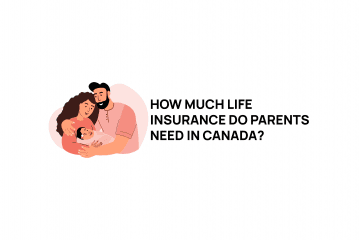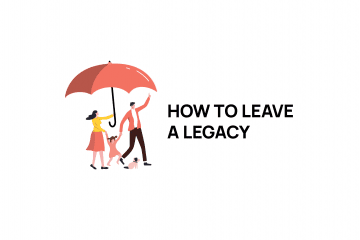We often get asked what happens to the money in a term life insurance policy when it expires. Understand that, at its simplest, life insurance is a risk management tool. You purchase life insurance because you realize that there is a significant risk financially to your family / beneficiaries if something unforeseen were to happen to you. How you are managing that risk is by paying a life insurance company to transfer the risk to them. You pay the premium based on the knowledge that if something happens to you, the death benefit is paid out and offsets the financial risk that you and your family had.
If I buy a term life insurance policy I pay an amount that covers the cost of transferring that risk to the insurance company. Term life insurance is the most basic type of life insurance as you are strictly paying for the cost of the insurance- nothing more. There is no extra money going into the plan and you know up front what the cost to transfer the risk to the insurance company is every year that the policy is in force. If you are paying for the policy and something happens that is covered by the policy (death), you expect the death benefit will be paid.
I often find that an analogy helps. I will often make a comparison to the idea of homeowners insurance. You pay the premium on your fire insurance policy each month so that the cost of a disaster at your house is transferred to the insurance company. If you pay the premium for 20 years and your house hasn’t burned down they don’t say ‘great job’ and give you back the money you paid them. There is a cost associated with transferring risk to someone or something else. An insurance company would not be in business long if they returned the premiums that had been paid for policies where no claims were made. They took on the risk and the cost to you is the premium.
When a term life insurance policy expires, the policy does not have any “money” in it to be returned to the owner of the policy. Term life insurance provides you with a cost-effective risk management tool. The premiums that you paid were the cost of risk management and not a savings account that will be returned to you in the future. There are other life insurance products which are more complex than term life insurance which do have the ability to provide a type of “return of premiums paid”. These can either be a whole life insurance or universal life insurance product. Please contact us if you have any additional questions regarding these products or request a quote on our website.




